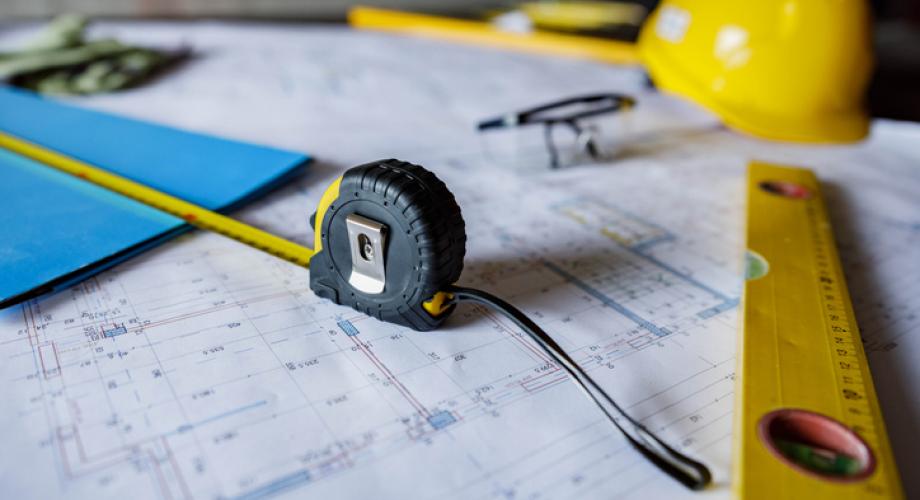The International Code Council Group A Committee Action Hearings (CAH) concluded in May with positive outcomes for the rental housing industry. During this phase of the code development process, 13 different code committees deliberated building code and standard proposals, assigning a stamp of approval, approval with modifications or disapproval. These assignments are merely recommendations and are part of a myriad of opinions that voting members of the International Code Council (ICC) will consider when casting their final votes for adoption.
During this year’s Group A CAH, committees considered several proposals that would increase the cost of building and maintaining rental housing through the International Fire Code (IFC) and International Building Code (IBC). In general, the committees disapproved fire code proposals that would increase testing requirements for certain building equipment and amenities. The committees also considered and disapproved a wide range of general code items related to the broadening of accessibility provisions, electric vehicle requirements, radon mitigation, lightning protection, unproven health measures and unrealistic sound transmission standards.
Group A proposals are now open for public comment. This provides stakeholders an opportunity to voice support or concern for each proposal and their assigned CAH recommendation. In September, the International Code Council will hold the Public Comment Hearing and provide stakeholders with yet another opportunity to provide opinion on the code proposals. Finally, voting will open in October and members will be given the opportunity to cast their votes in support of Group A proposals.
Building codes and standards are an important and necessary component of operating quality, efficient and affordable rental housing. The National Apartment Association (NAA) is actively involved in the code development process to ensure that the unique needs of the rental housing industry are considered and that proposed changes do not unnecessarily undermine the affordability and availability of housing.
For more information on the building code and standard development process, please contact Sam Gilboard, NAA’s Manager of Public Policy.
